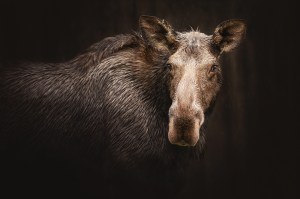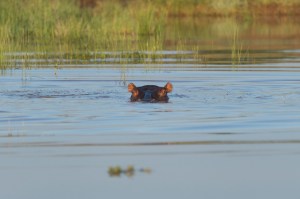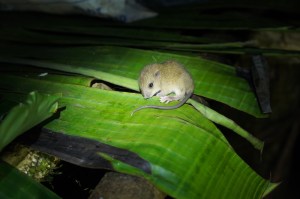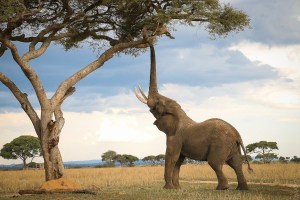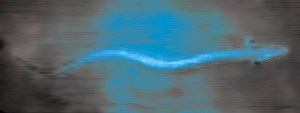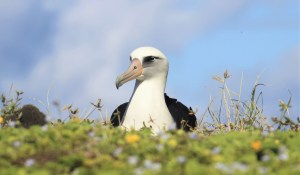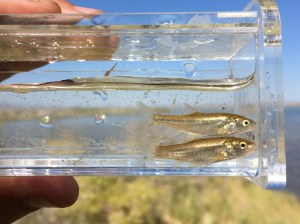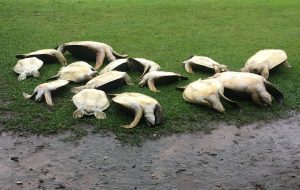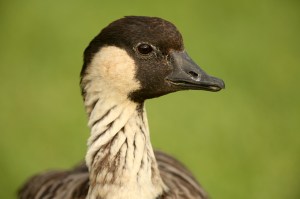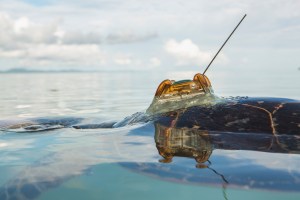Discover stories in Wildlife Science
From Moose to Marmots, Microclimates Could Provide Climate Buffer
Microclimates — variation in everything from rock formations to vegetation — will help species survive the current and future climate crisis.
Connect to Nature Near You: 4 Fun + Informative (+Free) Apps
Looking for free and informative mobile apps to help you connect with nature near you wherever you are? We've got you covered. Pristine natural areas not required.
Notes from Eclipses Past: Nervous Hippos, Sad Ducks & Bewildered Ground Squirrels
How do animals react to solar eclipses? Scientists don't know much, but what they do know is, well, sometimes a little weird.
Scientists Re-Discover Giant Rat Not Seen in 30+ Years
A TNC-funded expedition in the Solomon Islands has re-discovered a giant rat species.
How An Invasive Ant Affects East Africa’s Iconic Wildlife
Invasive ants are having an outsized effect on savanna ecology, impacting even the largest mammals.
Photographing Eels in the Dark
An artist turns her camera to the slippery, elusive and endangered American eel.
The Search for America’s Tiniest Turtles
In Massachusetts, a team is restoring wetlands and using some old-school ways to track bog turtles process.
Running the Numbers on Global Seabird Restoration
A new database of global seabird restoration projects allows scientists to analyze trends and provides a tool for practitioners looking to effectively restore seabirds and coastal ecosystems.
Borax Lake Chub: Conserving a High Desert Survivor
This fish has adapted to a lake high in arsenic and heavy metals. But human activity poses a greater challenge.
Sea Turtles Are Under Threat from Small-Scale Fisheries
Free divers are fishing turtles at unsustainble levels in the Solomon Islands.
Nēnē: The Recovery of the Hawaiian Goose
One of the rarest waterfowl species on earth, the nene nearly disappeared forever. Here is its epic story.
Pigeon Predictors & Turtle Backpacks: How Tracking Wildlife Can Aid Climate Change Research
Wildlife tracking can provide humans with critical information to predict our weather and climate patterns.
